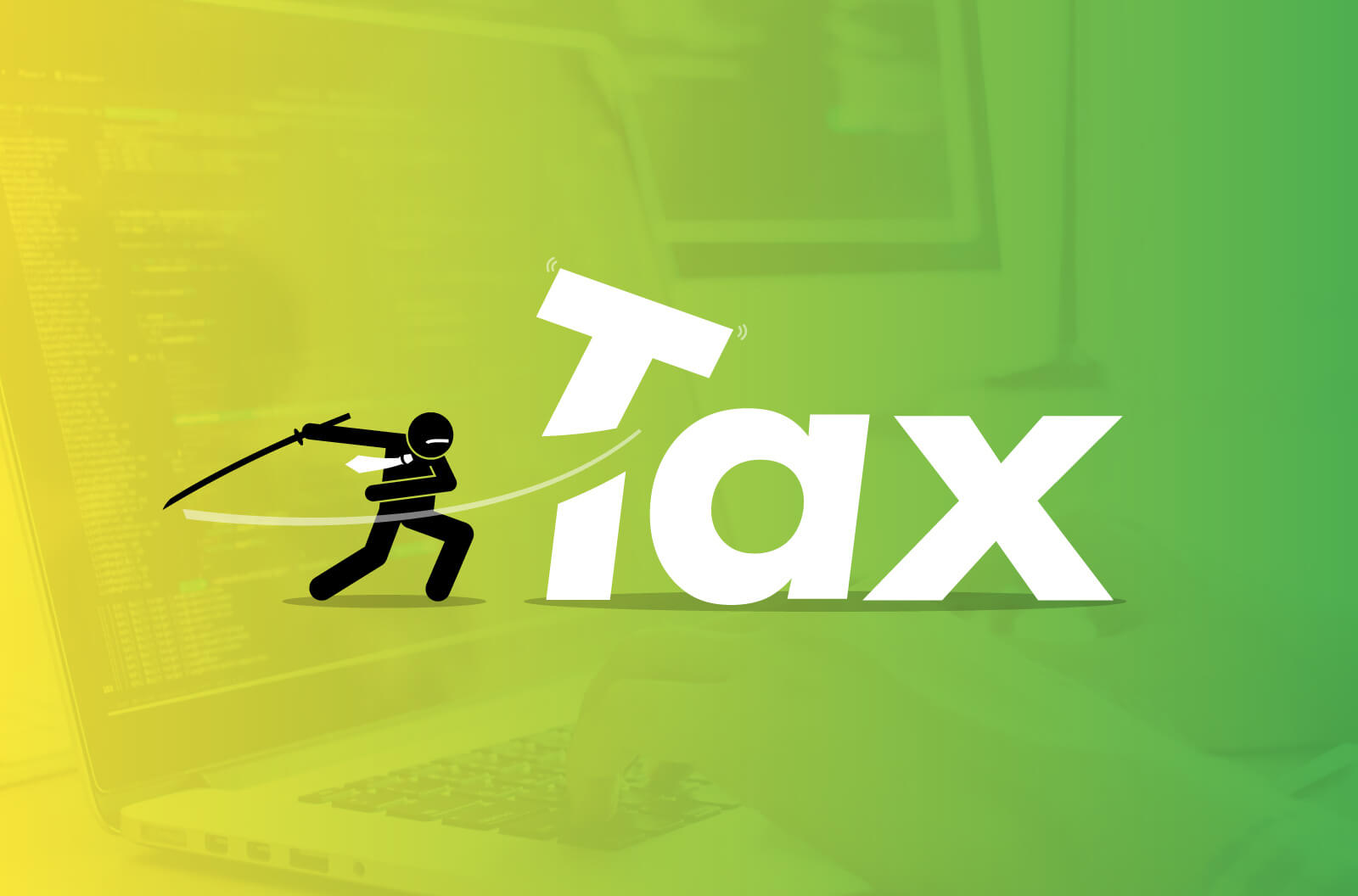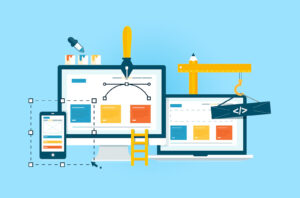When tax time rolls around in Australia, business owners must seize every opportunity to make the most of available deductions. One area that often sparks questions is the claiming of website development and maintenance costs. In this comprehensive guide, we delve into the rules and regulations established by the Australian Taxation Office (ATO) concerning depreciating assets, capital expenses, and their implications for websites. By understanding these guidelines, you can optimise your deductions and ensure compliance with tax laws.
Business Tips for Claiming Website Costs at Tax Time
Deciphering the Timing
- If a depreciating asset, such as a website, is utilised to generate assessable income, deductions can be claimed for its declining value over time.
- While general depreciation rules apply to most assets, small business entities can leverage the simplified depreciation rules.
- Low-cost and low-value assets can be assigned to a low-value pool and depreciated at a predetermined annual rate.
Understanding Depreciating Assets
- Depreciating assets have a finite lifespan and are expected to lose value gradually.
- Examples of depreciating assets associated with websites encompass machinery, motor vehicles, furniture, computers, and mobile devices.
- These assets can either be personally owned and integrated into the business or acquired explicitly for generating assessable income.
Factoring in Website Expenses
- Costs incurred in acquiring or developing a website can be claimed as deductions.
- Eligible businesses can enjoy an immediate deduction for website costs, thanks to temporary tax depreciation incentives.
- Ongoing expenses like domain name registration fees, cloud email hosting, and web hosting expenditures can also be claimed in the year they occur.
Navigating Software Expenses
- Commercial off-the-shelf software can be claimed as a deduction either in the year of purchase or spread out over multiple years based on its effective life.
- Subscription-based software fees can be deducted in the year they are accrued.
- Special rules govern in-house software developed for business use.
Consideration for Other Capital Expenses
- Expenses linked to setting up or winding down a business, known as black-hole expenditure, may qualify for deductions.
- Additional eligibility criteria must be met to claim an immediate deduction for qualifying business setup costs.
- Professional advice, services, and payments to Australian Government agencies may be deductible under specific circumstances.
Factoring in Capital Asset Labour Costs
- Labour costs incurred in the construction or creation of tangible or intangible assets that generate profits are deemed capital in nature.
- Deductions for capital asset labour costs may require apportionment between immediately-deductible labour costs and capital asset labour costs.
Successfully navigating the complexities of claiming website development and maintenance costs at tax time is paramount for Australian business owners. By comprehending the guidelines established by the Australian Taxation Office (ATO) regarding depreciating assets and capital expenses, you can ensure compliance while optimising your deductions. Remember, maintaining accurate and comprehensive records of all claimed expenses is crucial. Consult with a tax professional or refer to the ATO’s official resources for precise and up-to-date information tailored to your circumstances. By appropriately claiming website costs, you can optimise your tax position and contribute to the financial well-being of your business.





